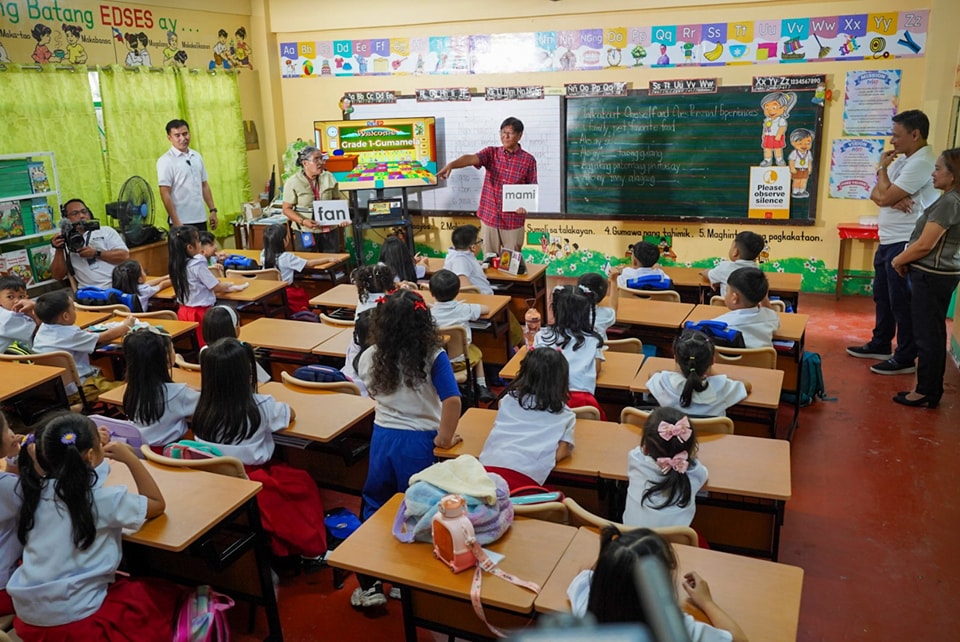
By Ma. Rodelhyn Gagate | PTV DMIS intern
The Department of Education (DepEd) on Wednesday reiterated its commitment to future-proofing the country’s education system through reforms and digital innovations, in line with President Ferdinand R. Marcos Jr.’s national development agenda.
This, as the Philippines ranked 74th out of 177 countries with a total score of 56.32 out of 100 in the Global Education Futures Readiness Index (GEFRI). The report placed the Philippines among countries with “emerging and partial readiness” due to challenges in governance, innovation, infrastructure, and equitable access to quality education.
In response, Education Secretary Sonny Angara said their agency is focused on long-term reforms to ensure schools and Filipino youth keep pace with rapid global changes.
“Pinapaganda natin ang sistema para maging mas maayos, mas makabago, at mas kapaki-pakinabang sa mga guro, magulang, at bata. Hindi ito madali, pero kailangang simulan at sabay-sabay nating gawin,” Angara said.
“Sa ilalim ng pamumuno ni Pangulong Marcos, ginagawa nating mas matatag at makabuluhan ang edukasyon—nakabase sa datos, bukas sa teknolohiya, at suportado ng buong komunidad,” he added.
In line with this, DepEd established the Education Center for Artificial Intelligence Research (ECAIR), the country’s first education sector initiative utilizing AI and data science to address long-standing issues in teaching, planning, and school management.
ECAIR is also developing various learning tools such as SIGLA, TALINO, DUNONG, and SALIKSeek, which leverage AI and data analytics to enhance educational outcomes.
Also, they will launch “Project Bukas,” an open data initiative that will release 22 datasets in August 2025; including enrollment, resource inventory, and learning outcomes, to support informed decision-making.
DepEd is also implementing the Strengthened Senior High School Curriculum, which includes Technical-Vocational Education and Training (TVET), developed in collaboration with the Technical Education and Skills Development Authority (TESDA), Commission on Higher Education (CHED), and the Department of Labor and Employment (DOLE).
Other initiatives include PSIP Connect, which aims to deliver devices, solar energy, and satellite internet to remote schools, and the Bayanihan SIM Program, which helps thousands of teachers and students access better internet connectivity.
-bjlc/jpv
